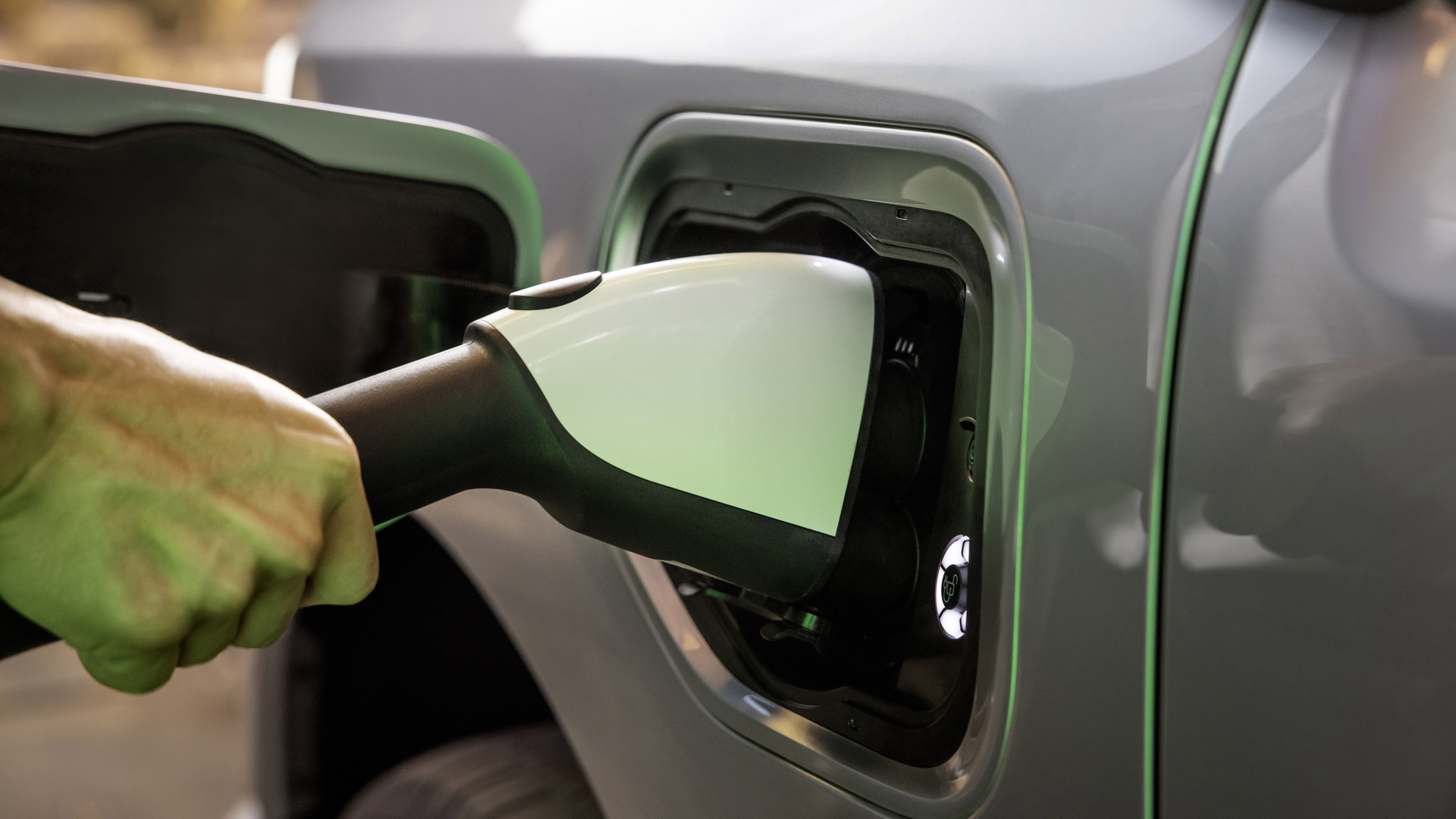In comments filed with the United States Treasury on Thursday, Ford said that the definition of a “foreign entity of concern” should be limited in order to ensure that more electric vehicles qualify for consumer tax credits.
As part of the $430 billion Inflation Reduction Act legislation that was passed in August, new rules will see credits barred for vehicles whose componentry is made or assembled by a “foreign entity of concern.” The rules will also limit how many of the critical minerals in battery-making for electric vehicles can be extracted, processed, or recycled by those same foreign entities.
The new rules aim to reduce America’s dependence on China’s battery supply chain and promote the use of minerals, materials, and suppliers based in the United States and allied countries.
Read: U.S. Will Look Into How Inflation Reduction Act Hurts South Korean Carmakers
“While Ford appreciates and supports the overall objective of the law to bolster the localization of battery production and critical mineral mining and processing in the U.S. and with our trading partners and allies, an overly expansive interpretation of this provision risks undermining that very same objective by making the clean vehicle credit largely unavailable,” Ford said in its comments, according to Reuters.
The automaker added that it wants the Biden administration to guarantee that joint ventures in mineral extraction, processing, or recycling “will not cause vehicles to be automatically excluded” from receiving EV tax credits. Ford believes that any U.S.-organized company should not be subject to foreign entity rules, regardless of its owner.
In July, Ford said it was planning to import low-cost lithium-ion batteries for North American vehicles from CATL, a battery giant based in China. These batteries are expected to go into all-electric pickup trucks and SUVs.
In addition, the automaker said it needs a “de minimis standard” for foreign entity reporting requirements “so that unintended traces of critical minerals do not disqualify” its vehicles from qualifying for tax credits.
According to the Inflation Reduction Act, 50 percent of minerals used in batteries must be sourced from North America or American allies by 2024. That proportion will have to rise to 80 percent by the end of 2026.






